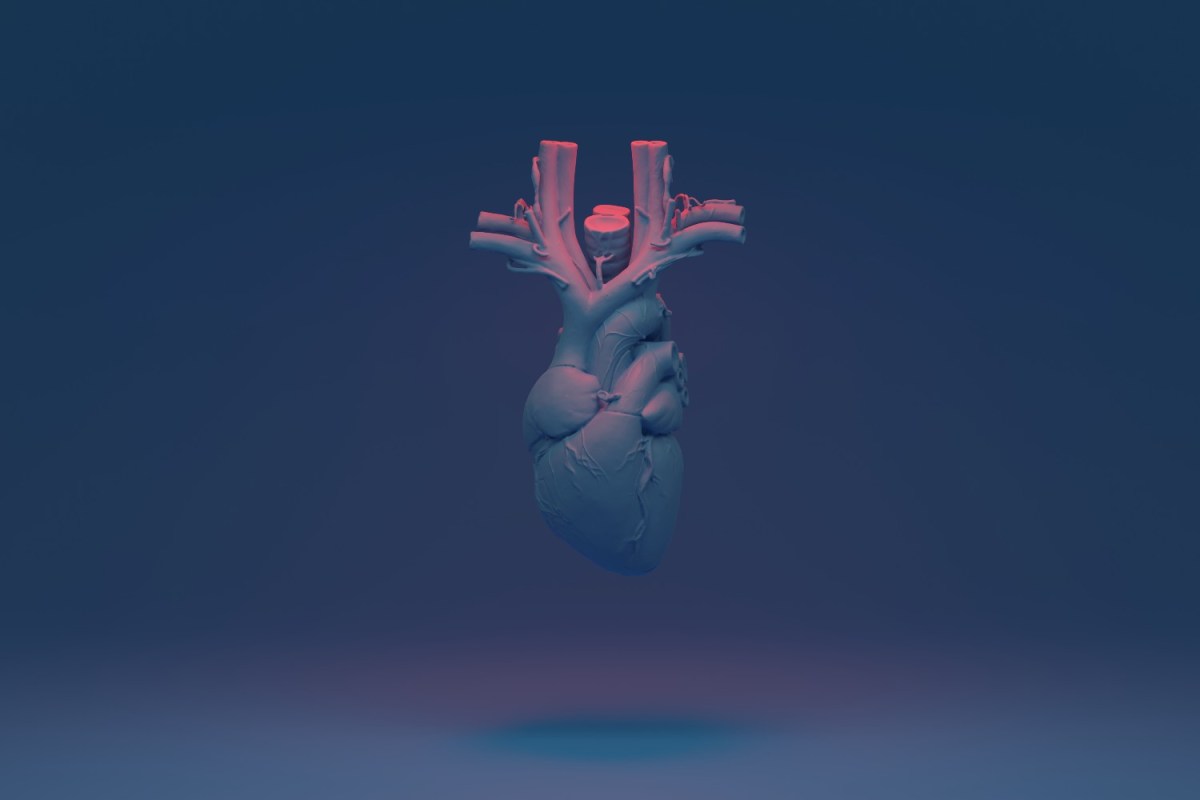A diagnosis of heart disease is unpleasant on its own for any number of reasons. Beyond the obvious risk to one of the body’s most important organs, heart disease often doesn’t show up alone. As institutions like UCLA Health and the British Heart Foundation have pointed out, people dealing with heart disease are often also contending with sleep troubles, including insomnia. And given the importance of a good night’s sleep to overall health, this can be an ominous complication.
Now, a group of scientists think they know why heart disease frequently affects sleep for the worst. A study published in the journal Science reached the conclusion that, in the words of publication editor Seth Thomas Scanlon, “sleep disruption in cardiac disease is driven by the loss of neurons that normally project from the superior cervical ganglia into the pineal gland, which secretes melatonin.”
The study’s authors found evidence that heart disease leads to macrophages targeting the cervical ganglia, killing cells in the process.
The good news, such as it is, is that these findings also indicate a possible course of treatment for the sleep disruptions associated with heart disease. An article at Live Science has more details on the methodology, which includes both studying human bodies and conducting tests on mice.
Everything You Need for a Cooler, Less Sweaty Night of Sleep
All product-testing done by an honest-to-goodness sweaty sleeperOne of the study’s authors, Stefan Engelhardt of the University of Munich, expanded on the next steps in an email to Live Science — which could include giving melatonin to heart disease patients.
“It will be now pivotal to obtain evidence in a randomized clinical trial to determine whether therapeutic melatonin is indeed effective in treating sleep disorders in patients with chronic heart disease,” Engelhardt said. These findings could help people diagnosed with heart disease sleep easier in more ways than one.
Whether you’re looking to get into shape, or just get out of a funk, The Charge has got you covered. Sign up for our new wellness newsletter today.


















